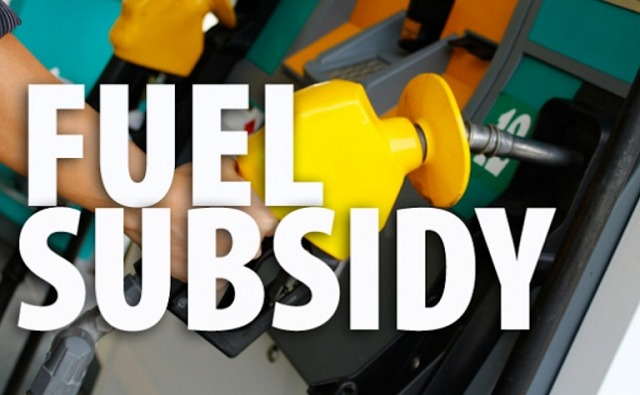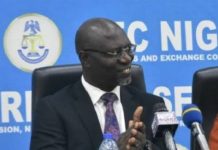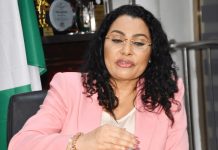The elimination of gasoline subsidies has been deferred to the next administration by the federal government of Nigeria (FGN), as stated by Mrs. Zainab Ahmed, Minister of Finance, Budget, and National Planning, who stated that Nigeria will end petroleum subsidies by June 2023.
During a press conference to commemorate the conclusion of the 28th National Economic Summit, Ahmed made this statement on Tuesday in Abuja (NES). Nigeria spent N2.565 trillion on gasoline subsidies between January and August of 2022.
Due to strains on the local economy and the looming uncertainty, the petroleum industry act’s (PIA) ultimate implementation of the withdrawal of gasoline subsidies was delayed.
The Federal Government projected to spend N3.3 trillion on gasoline subsidies between January and June 2023 in the Medium-Term Expenditure Framework. Ahmed claims that the Federal Government’s budget’s medium-term objective includes eliminating gasoline subsidies.
The difficulty, according to her, is how to have the subsidy removed. “We must first interact. Before it was adopted as part of the medium-term plan, we had already started interacting with the states and the general public.
A
“We have to do it by systematically informing the citizens about the size and the quantum of the fuel subsidy. We also have to educate them about the opportunity cost of what we are unable to do because of the fuel subsidy,” she said.
According to the minister, the fuel subsidy, in addition to budget deficit, is putting enormous pressure on the “fiscals”. “It is not money that we have; it is money that we have to borrow to maintain the fuel subsidy.
“Some countries introduced subsidies during COVID-19, and because of the Russia-Ukraine conflict, but they are using their money to fund such subsidies.
“In our case, we are borrowing to pay the subsidy; that is double jeopardy. It is something that has to stop
“We are glad that the majority of people in decision-making positions, including the political parties, have agreed that subsidy is not sustainable.
”The plan is, by June 2023, we must have completely exited subsidy, and it has to be a gradual process,” she said. Also speaking, the Minister of State for Budget and National Planning, Mr Clem Agba, said that the National Development Plan (NDP), put together by the Federal Government, will help boost the economy.
Agba said that the NDP is designed to encourage improved private-sector participation. “It is not a Federal Government plan, it is a national plan put together by the Federal Government, the state governments, the local governments and the private sector.
“Together we identified the constraints that militate against the private sector from driving the economy. READ: FG to Shift PIA Implementation Over Subsidy Removal Pressures
“From the Federal Government side, we have started working on 18 laws. We realised that there are issues of multiplicity of taxes.
“So, rather than encourage businesses to grow, we are stifling them, especially the Micro, Small and Medium Enterprises (MSMEs),” he said.
Agba said that there are three different volumes of the NDP. According to him, the second volume deals with the prioritised programmes and projects, where about N350 trillion was identified as the requirement for capital investment.# Incoming Nigeria’s President to Implement Subsidy Removal













